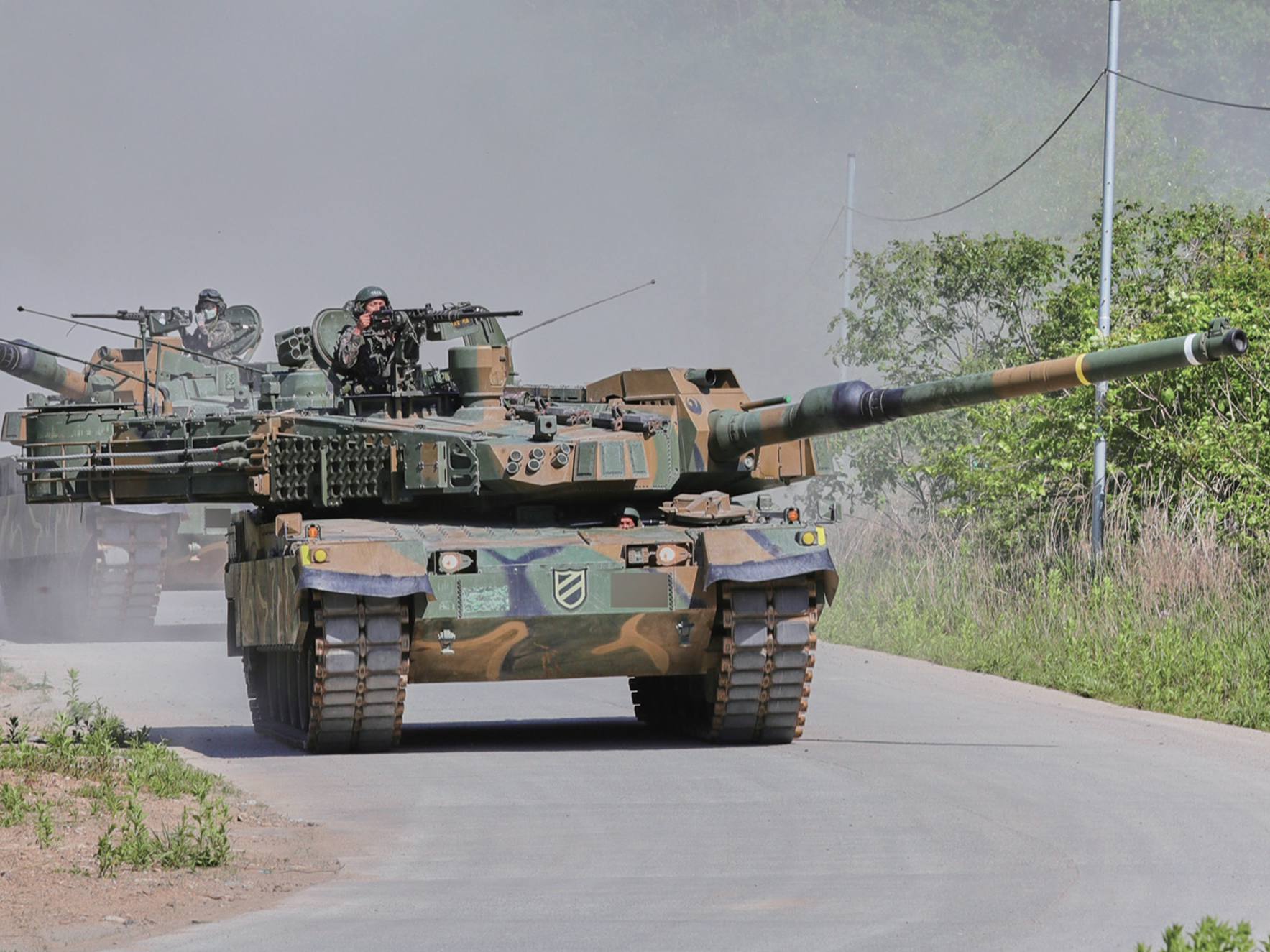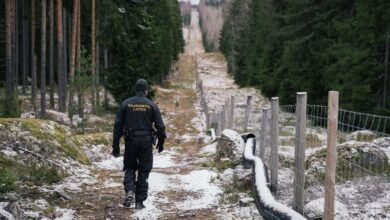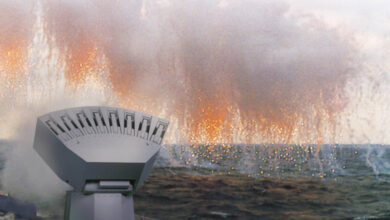S. Korea Says North Stole Technical Data About K2 Tank, Spy Planes
South Korea’s ruling party has revealed that North Korean cybercriminals managed to obtain classified technical data about two of its key military reconnaissance planes.
The People Power Party said in a Sunday commentary that sensitive information about the country’s Baekdu and Geumgang spy planes had been compromised following an alleged “DPRK cyberattack.”
A Seoul-based defense analyst warned that the breach could provide Pyongyang with critical insights about South Korea’s surveillance methods.
It could also pose significant security risks given the advanced nature of the two aircraft for communications and radar detection.
“Recent performance improvements have made these systems more effective than in their initial phase in surveilling North Korea’s ground activities,” Shin Seung-ki from the Korea Institute for Defense Analyses told NK News.
K2 Black Panther
In a separate incident, North Korea reportedly obtained key information about the K2 Black Panther, one of Seoul’s best-selling export products.
Three South Korean researchers allegedly leaked design drawings, development reports, and sensitive data related to the chemical, biological, and radiological pressure device on the main battle tank.
Initial investigation revealed that the accused passed the information through external hard drives in exchange for hefty payments.
The Defense Acquisition Program Administration was said to be unaware of the breach until the ROK police launched a probe.
Stronger Protection
This is not the first sensitive information about South Korea’s defense assets has been compromised.
Earlier this year, major North Korean hacking groups breached the internal networks of South Korean defense companies and stole technical data.
They also hacked South Korean chip equipment makers — a move believed to aid Pyongyang’s efforts to develop semiconductors for its weapons programs.
South Korean military analyst Yang Uk from the Asan Institute has emphasized the need for stronger protection of the country’s advanced military technologies from cyber espionage.
He suggested the creation of a specialized counterintelligence agency that would work on addressing these cyber vulnerabilities.












